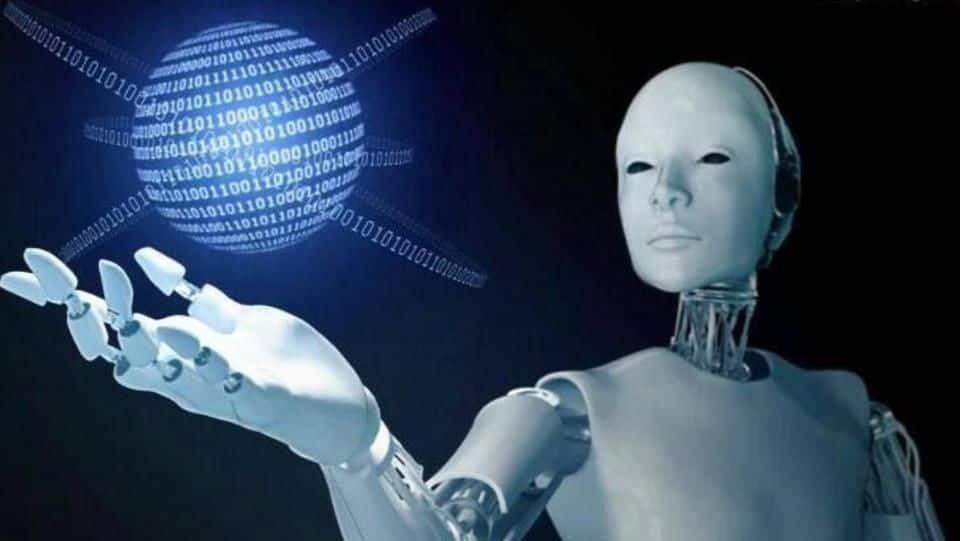
#DefenseDiaries: India partners with Japan for introducing AI in defense
What's the story
Artificial Intelligence is growing at a rapid pace; it's being applied in every major field, and Japan is undoubtedly among the countries leading this "AI revolution". Now, India and Japan are going to work together and introduce AI and robotics in the defense space -which could give a significant boost to India's defense capabilities- in the "next level" of their strategic cooperation. Here's more.
Partnership
Increased bilateral cooperation for developing UGV, robotics: Japanese Minister
Japan's Deputy Foreign Minister and Special Adviser to PM Shinzo Abe, Kentaro Sonoura, stated that India and Japan are partnering to work on robotics. He reportedly said, "You should expect to see increased bilateral cooperation between us to develop unmanned ground vehicles (UGV) and robotics." He added the majority of the convergence of India and Japan lies in the "strategic sphere".
Civil Nuclear Deal
Japan keen to get the "nuclear deal" going: Sonoura
On the Indo-Japan civil nuclear agreement, Sonoura said it was ratified by the country's Parliament late last year. Both the countries would constitute a joint task force for commercial agreements by January-end, adding Japan is keen on starting it early. He said, "The two PMs (Abe, Modi) agreed to launch a working group, which will work on cooperation between nuclear companies."
China Concerns
India, Japan concerned over China's dominance in the region
The Indo-Japan civil nuclear deal accelerates the convergence of mutually-shared interests between the two countries, especially as part of their efforts to counter China's increasing socio-economic influence in Indo-Pacific region. China is aggressively growing as a challenge to Japan and India. So, for stability and prosperity, Japan is now proposing a "Free and Open Indo-Pacific" maritime order based on the rule of law.
Indo-Pacific region
Sonoura emphasizes on Free and Open Indo-Pacific Strategy
Sonoura said Japan wants to combine its Indo-Pacific policy and India's Act East policy under "Free and Open Indo-Pacific Strategy". He added India and Japan "need to share the importance of rule of law and freedom of navigation among related countries" and improve connectivity. He said the next step is "maritime law enforcement and disaster management" to ensure stability and prosperity in Indo-Pacific region.
Relationship
It is important to utilize strengths of countries
Sonoura said a "grand strategy" like "Free and Open Indo-Pacific" helps in strengthening the bilateral Indo-Japan ties, multilateral Japan-India-US relationship, as well as the quadrilateral Japan-US-India-Australia one, to shift the "strategic balance away from China." He added the four nations have same standards of maritime strategy and basic values -non-proliferation, humanitarian assistance, and disaster relief- that should be realized and utilized for concrete results.
Japan's Presence
India encouraging Japan's presence to counter China's influence
To counter China's growing dominance in its neighborhood, India has been encouraging the presence of Japan and also the US in the region. Recently, Japan's Foreign Minister Taro Kono visited Pakistan, Maldives, and Sri Lanka to boost the country's presence there. While such actions, especially befriending Pakistan, would usually trigger "mild protests" by India, it was "quiet" this time to increase Japan's presence.
Quote
Sonoura on Japan's Indo-Pacific strategy
"Foreign Minister (Taro) Kono visited Maldives for the first time and Sri Lanka for the first time in 15 years. I visited Mauritius, Madagascar, Kenya, and Mozambique. Place this within the rubric of Japan's Indo-Pacific strategy, you will get the larger picture," stated Sonoura.